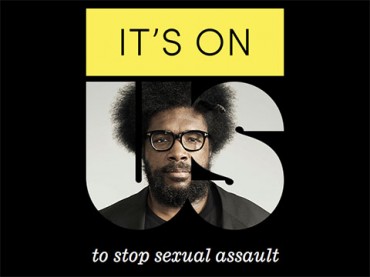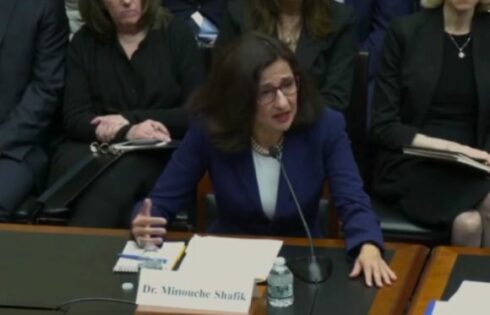
Give MIT credit for not pretending it has definitively nailed down the extent of sexual assault on its campus. Except that its own press release plays down that uncertainty.
The school said Monday that a survey of its nearly 11,000 undergrad and grad students drew a 35 percent response rate – 46 percent of women, 30 percent of men. The stats get a little confusing because the release jumps between citing one particular group and all respondents.
The takeaway: 17 percent of undergraduate women, or 1 in 6, had experienced “rape or sexual assault under conditions of force, threat of physical harm, or incapacitation.”
The survey said 539 students “in total” had experienced “any kind of sexual misconduct while at MIT, ranging from unwelcome verbal sexual conduct to rape,” and of those, 284 were undergrad women. “Close to half” of those 539 “said that someone took advantage of them while they were drunk, high, asleep, or otherwise impaired.”
Here’s where MIT admits these stats aren’t especially reliable:
In her letter [to the campus community, Chancellor Cynthia] Barnhart cautioned that because the survey was not a random sample, was voluntary, and was focused on sexual assault, the results might reflect a degree of self-selection. Because MIT cannot accurately tell how such self-selection might have altered the results, these numbers should not be used to generalize about the prevalence of unwanted sexual behavior in the lives of all MIT students.
That disclosure is 12 paragraphs down in the release.
It’s just above the list of steps that MIT will take in response – more outreach, updated resources, hiring new staff, peer-to-peer programs, a new task force, “effective bystander intervention,” and education on the role of inebriation in assault, with a particular focus on Greek life.
One wrinkle is that in this survey, like the widely disputed survey that finds a 1-in-5 rate of campus assault on women, appears to define things as assault that students themselves don’t define as such.
Under one step, “Helping students understand and handle the complex, sometimes unpredictable psychological impact of unwanted sexual experiences”:
The responses indicated that many students who had experienced behaviors that would meet a legal definition of sexual assault or rape did not define the experience in those terms themselves. Students indicated a range of factors that might account for these differences, including: that they felt partially responsible, that the incident wasn’t violent, that they had been drinking, or that the other person involved was an acquaintance or a friend.
Hence, MIT appears to be undertaking a massive re-education campaign to convince students that conduct short of assault in their minds is actually assault – in other words, another Occidental College due-process lawsuit waiting to happen.
Like The College Fix on Facebook / Follow us on Twitter
IMAGE: It’s On Us





Please join the conversation about our stories on Facebook, Twitter, Instagram, Reddit, MeWe, Rumble, Gab, Minds and Gettr.